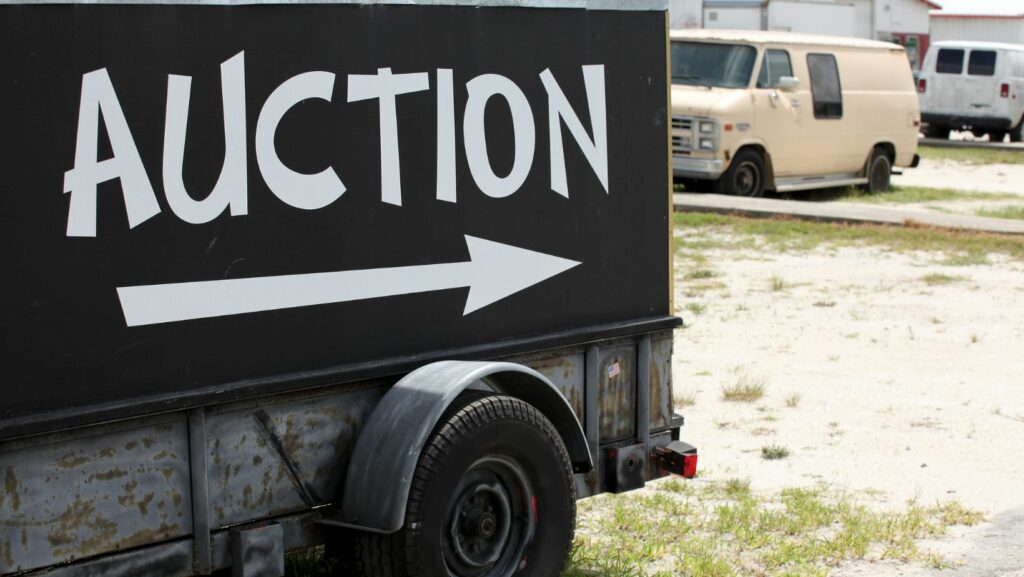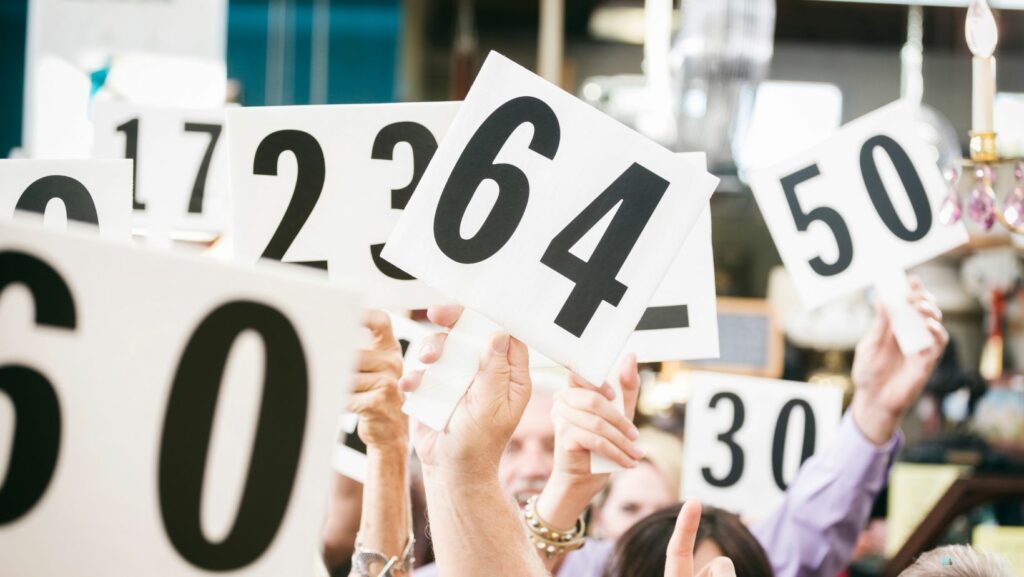Mason auctions, a vibrant and often overlooked niche in the auction world, offer a unique glimpse into the craftsmanship and history of masonry. These events not only serve as a marketplace for buying and selling antique and specialty masonry tools and materials but also celebrate the artistry and heritage of the trade. From seasoned collectors to curious newcomers, attendees can discover a treasure trove of items that showcase the evolution of stonework through the ages.
Mason Auctions
 Mason auctions are special events where enthusiasts gather to buy and sell unique masonry-related items. These auctions highlight the intricate skill, history, and craftsmanship in the masonry field.
Mason auctions are special events where enthusiasts gather to buy and sell unique masonry-related items. These auctions highlight the intricate skill, history, and craftsmanship in the masonry field.
Mason auctions serve as a marketplace for historic and specialized masonry tools and materials. These items often range from hand-carved stones and antique trowels to rare, sculpted marble pieces. Attendees include a diverse group of individuals, from seasoned collectors and professional masons to historians and hobbyists, all sharing a passion for the craft. Mason auctions not only offer objects for sale but also serve as a venue to celebrate the enduring heritage and artisanship of stonework.
How Do Mason Auctions Work?
The process of a mason auction involves several key components. First, experts meticulously curate and catalog the items to be auctioned. Each piece is verified for authenticity, and a detailed description of its history and condition is provided. Auctions are generally held in settings that resonate with the theme of craftsmanship, such as historic buildings or masonry workshops. Bidders can participate in person or, in some cases, online. The auctioneer presents each lot, emphasizing its significance and provenance. Bids are placed, with the object going to the highest bidder. After the auction, transactions are finalized, and items find their new homes, often continuing their legacy in collections or active use in masonry projects.
Historical Significance of Mason Auctions
 Mason auctions represent more than just the trading of masonry items; they are pivotal in preserving the cultural and historical craftsmanship of the stonemasonry profession.
Mason auctions represent more than just the trading of masonry items; they are pivotal in preserving the cultural and historical craftsmanship of the stonemasonry profession.
Mason auctions date back to the early 19th century when local guilds of stonemasons began to trade tools and sculpted pieces among themselves. Initially, these gatherings were informal, local events that allowed craftspeople to exchange not only physical goods but also knowledge and techniques. As the interest in preserving and collecting historical masonry items grew, so did the scale of these auctions. By the mid-20th century, mason auctions had evolved into more formalized events, often accompanied by certificates of authenticity and detailed historical documents that underscored the provenance of the items.
Famous Mason Auctions Through the Decades
 Over the years, several mason auctions have gained notoriety due to the rarity and value of the items offered. For instance, the 1974 London Stone Auction remains one of the most celebrated events in mason auction history. At this auction, a collection of medieval stonemason tools believed to have been used in the construction of Westminster Abbey was sold, attracting global attention. Another notable event was the New York Capital Stones Auction in 1992, where fragments of historically significant buildings were offered, including pieces from the original New York State Capitol. These high-profile auctions not only spotlight the items on sale but also highlight the rich history embedded in the masonry craft, drawing international collectors and historians alike.
Over the years, several mason auctions have gained notoriety due to the rarity and value of the items offered. For instance, the 1974 London Stone Auction remains one of the most celebrated events in mason auction history. At this auction, a collection of medieval stonemason tools believed to have been used in the construction of Westminster Abbey was sold, attracting global attention. Another notable event was the New York Capital Stones Auction in 1992, where fragments of historically significant buildings were offered, including pieces from the original New York State Capitol. These high-profile auctions not only spotlight the items on sale but also highlight the rich history embedded in the masonry craft, drawing international collectors and historians alike.
Each auction serves as a testament to the enduring value and fascination with stone craftsmanship, bridging past and present enthusiasts in a shared celebration of the art.
Preparing for a Mason Auction
Attending a Mason auction offers a unique opportunity to immerse oneself in the rich tapestry of masonry’s history and craftsmanship. Whether you’re a seasoned collector or a new enthusiast, understanding the intricacies of these auctions can significantly enhance your experience. By engaging with the community and learning about the items’ historical significance, participants can make informed decisions and appreciate the true value of their acquisitions. Mason auctions aren’t just about transactions—they’re a celebration of heritage and artistry bridging generations of masons and collectors.



